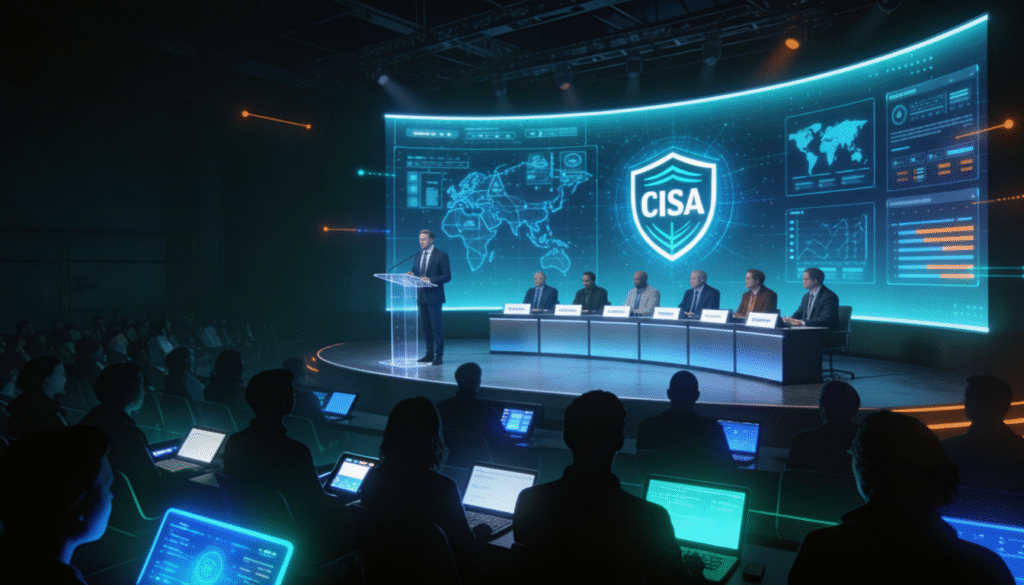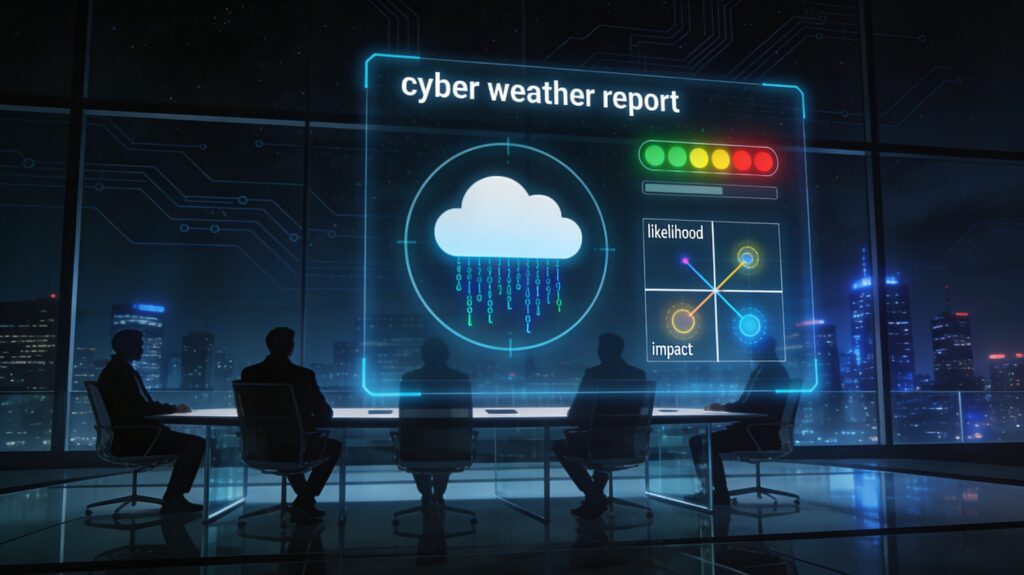The Cybersecurity Maturity Model Certification (CMMC) has become a central compliance requirement for organizations in the U.S. defense supply chain. For Managed Service Providers (MSPs), understanding CMMC is essential — not only to support clients but also to ensure their own operations align with evolving Department of Defense (DoD) expectations. This article breaks down what CMMC means for MSPs, clarifies common misconceptions, and outlines practical steps for compliance.
What Is CMMC?
CMMC is a unified cybersecurity standard developed by the DoD to protect Controlled Unclassified Information (CUI) and Federal Contract Information (FCI) within the Defense Industrial Base (DIB). It builds on existing frameworks, especially NIST SP 800-171, and introduces a tiered certification process to validate the implementation of security controls.
CMMC 2.0: The Latest Evolution
CMMC 2.0 streamlines requirements into three levels:
- Level 1: Foundational (basic cyber hygiene, 17 practices)
- Level 2: Advanced (aligned with NIST SP 800-171, 110 practices)
- Level 3: Expert (based on NIST SP 800-172, for highest sensitivity)
The level required depends on the type of information an organization handles and the specifics of its DoD contracts.
Why CMMC Matters for MSPs
Direct and Indirect Compliance
Direct: If an MSP processes, stores, or transmits CUI or FCI on behalf of a client, it may be required to achieve CMMC certification at the same level as the client.
Indirect: Even if not directly handling CUI/FCI, MSPs play a critical role in helping clients achieve and maintain compliance by managing IT systems, security controls, and documentation.
Competitive Advantage
MSPs that understand and can demonstrate CMMC compliance gain trust with defense contractors and open new business opportunities in the DIB.
Common CMMC Myths and Realities
| Myth | Reality |
|---|---|
| MSPs always need CMMC certification | Only if they process, store, or transmit CUI/FCI; otherwise, their services may be assessed within the client’s CMMC scope. |
| Partial certification is possible | The entire MSP system supporting CUI/FCI must be assessed; there is no “partial” certification. |
| CMMC is just a paperwork exercise | It requires real, operational security controls and ongoing compliance, not just documentation. |
Key Steps for MSPs Navigating CMMC
1. Determine Your Scope
Identify whether your MSP handles CUI or FCI for any clients. If so, determine which CMMC level applies based on the sensitivity of the information.
2. Conduct a Gap Assessment
Compare your current cybersecurity practices against CMMC requirements, especially NIST SP 800-171 for Level 2.
Use third-party Registered Practitioners (RPs) or C3PAOs for an independent review.
3. Remediate Gaps
Address deficiencies in policies, processes, and technical controls.
Implement security measures such as access controls, multi-factor authentication, and regular security awareness training.
4. Prepare for Assessment
For Level 1, a self-assessment may suffice.
For Level 2 and above, prepare for a third-party assessment by a C3PAO.
Document all controls, processes, and evidence of compliance.
5. Support Your Clients
Help clients understand shared responsibility for controls.
Provide documentation, technical support, and evidence as required during their assessments.
Special Considerations for MSPs
- Shared Responsibility Matrix: Clearly define which security controls are managed by the MSP and which by the client. This is critical for CMMC assessments and contracts.
- FedRAMP Requirements: If using cloud services to store CUI, ensure those services are FedRAMP Moderate authorized.
- Continuous Monitoring: CMMC compliance is not a one-time event. Ongoing monitoring, patch management, and incident response are essential.
Challenges and Opportunities
Challenges
- Keeping up with evolving DoD requirements and CMMC updates.
- Managing compliance across multiple clients with varying needs.
- Ensuring all tools and platforms used are compliant with CMMC and related standards.
Opportunities
- Differentiating your MSP business as a trusted, compliance-focused partner.
- Expanding into the defense sector and supporting clients with complex regulatory needs.
Wrapping It Up
CMMC compliance is reshaping how MSPs operate within the defense supply chain. By understanding the framework, clarifying responsibilities, and building robust security practices, MSPs can not only meet regulatory requirements but also become valued partners to their clients. Staying proactive, informed, and adaptable will be key as CMMC continues to evolve.



